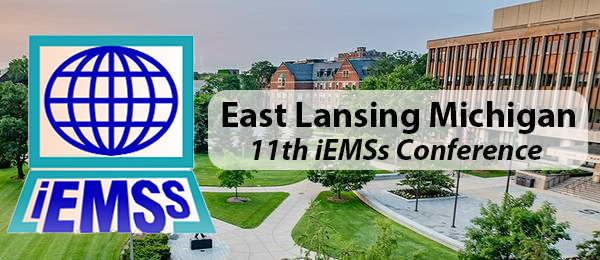Keywords
MCDA; SMAA; Promethee II; parameter estimation
Start Date
6-7-2022 9:20 AM
End Date
6-7-2022 9:50 AM
Abstract
ti-Criteria Decision Analysis (MCDA), originally a tool for decision making, is nowadays employed as a common tool for analyzing preferences and likely actions of stakeholders in many different contexts (e.g., attitudes of people towards changes in the transport sector or energy transformation scenarios). However, MCDA models rely on numerous parameters which are often hard to determine, subject to uncertainty, or are even unknown. In some cases, the actions or (partial) preferences of stakeholders under certain circumstances are known. We present a novel method for a class of popular MCDA approaches to obtain quantitative information on parameters of MCDA models, in particular, the weightings stakeholders assign to certain criteria, from observed or stated rankings of selected options. The weightings identified with this inverted MCDA approach enable us to draw conclusions on attitudes towards new sets of options (including options being irrelevant today but possibly available in the future) without being restricted to run surveys for each new option. Our method is based on geometrical properties of the set of possible weightings. Modeling MCDA parameters as probability distributions enables robustness analyses, incorporating inhomogeneity of stakeholders, and allows merging with other sources of information, e.g. surveys. We discuss how to utilize statistics on preferences within one actor for estimating weights, if available. We implemented our approach in an open-source python library and a corresponding python program, which – being equipped with a GUI- aims at providing users from different fields of application a tool for decision analysis and modeling without the need for knowledge of programming. We will demonstrate the application of our method in detail, including an example on the dissemination of electric mobility in Germany and the assessment of different transformation paths in the energy sector.
Multi-Criteria Decision Analysis under Uncertainty: A geometrically inspired approach
ti-Criteria Decision Analysis (MCDA), originally a tool for decision making, is nowadays employed as a common tool for analyzing preferences and likely actions of stakeholders in many different contexts (e.g., attitudes of people towards changes in the transport sector or energy transformation scenarios). However, MCDA models rely on numerous parameters which are often hard to determine, subject to uncertainty, or are even unknown. In some cases, the actions or (partial) preferences of stakeholders under certain circumstances are known. We present a novel method for a class of popular MCDA approaches to obtain quantitative information on parameters of MCDA models, in particular, the weightings stakeholders assign to certain criteria, from observed or stated rankings of selected options. The weightings identified with this inverted MCDA approach enable us to draw conclusions on attitudes towards new sets of options (including options being irrelevant today but possibly available in the future) without being restricted to run surveys for each new option. Our method is based on geometrical properties of the set of possible weightings. Modeling MCDA parameters as probability distributions enables robustness analyses, incorporating inhomogeneity of stakeholders, and allows merging with other sources of information, e.g. surveys. We discuss how to utilize statistics on preferences within one actor for estimating weights, if available. We implemented our approach in an open-source python library and a corresponding python program, which – being equipped with a GUI- aims at providing users from different fields of application a tool for decision analysis and modeling without the need for knowledge of programming. We will demonstrate the application of our method in detail, including an example on the dissemination of electric mobility in Germany and the assessment of different transformation paths in the energy sector.



Stream and Session
false